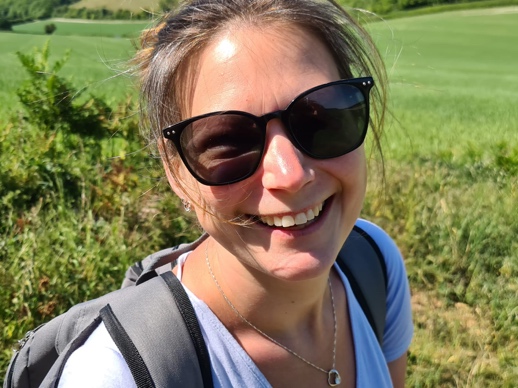 by Debbie Wilson, NRAS
by Debbie Wilson, NRAS
I am the new Young Persons Project Co-Ordinator at NRAS. I come to this role with a very personal experience of JIA. I have had JIA nearly all my life and a few years ago my daughter was diagnosed with it too. Thankfully, due to medical advances, the disease can be easier to manage. Unfortunately, some things have not changed: mainly the lack of understanding and awareness of JIA. There is still the stigma of having JIA and I was quite shocked that my daughter got the same comments I used to get, such as: “my granny has that”; “that’s an old person’s disease”; “you are too young to get arthritis.”…
Read more of this article


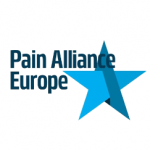
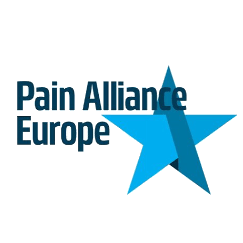 Recently, Pain Alliance Europe conducted a 6-week short survey on Covid-19 and chronic pain in twelve languages to see the current situation of chronic pain patients in Europe.
Recently, Pain Alliance Europe conducted a 6-week short survey on Covid-19 and chronic pain in twelve languages to see the current situation of chronic pain patients in Europe.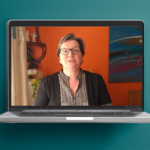
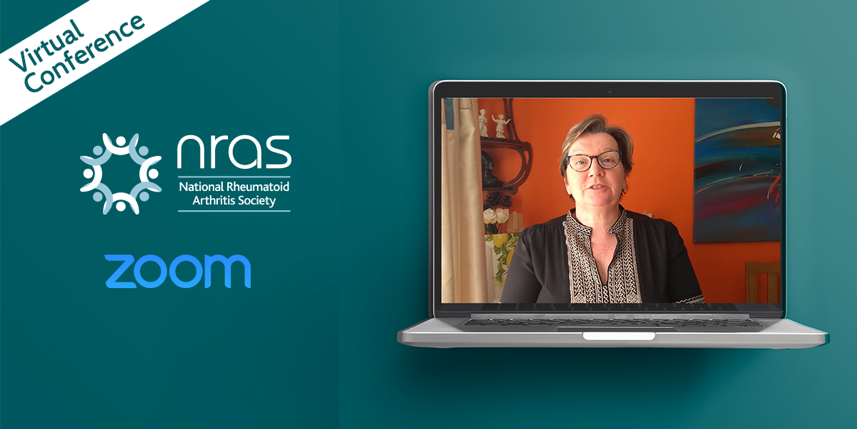 Join NRAS for an exclusive Northern Ireland event: Coping with RA during COVID-19.
Join NRAS for an exclusive Northern Ireland event: Coping with RA during COVID-19.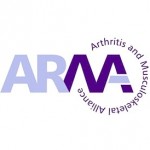
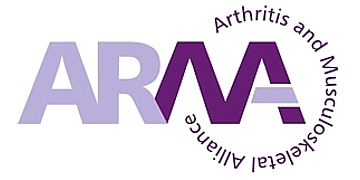 Making decisions about shielding – based on guidance issued 22 September for England
Making decisions about shielding – based on guidance issued 22 September for England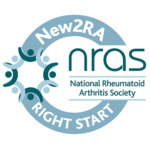
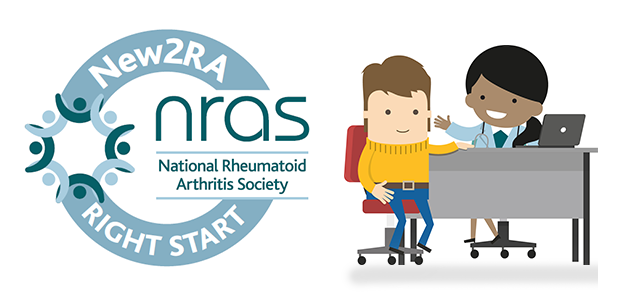 NRAS has a new video on the benefits of the Right Start Service for patients newly or recently diagnosed with rheumatoid arthritis.
NRAS has a new video on the benefits of the Right Start Service for patients newly or recently diagnosed with rheumatoid arthritis.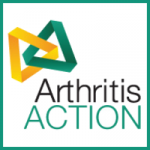
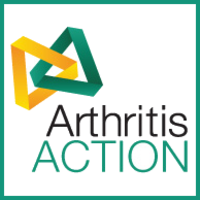

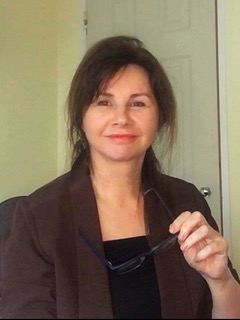 By Jane Green – advocate ex Assist. Headteacher, BSc (HONS) Psych., PGCE QTS, Adv.Dip.Ed.(CD), MA Ed. (Leadership and Management), Social Care Institute for Excellence Trustee and on the co-production steering board for four years
By Jane Green – advocate ex Assist. Headteacher, BSc (HONS) Psych., PGCE QTS, Adv.Dip.Ed.(CD), MA Ed. (Leadership and Management), Social Care Institute for Excellence Trustee and on the co-production steering board for four years
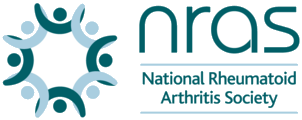 In July and August 2020, NRAS ran a survey asking about the impact of the Covid-19 lockdown on the working lives of people living with rheumatoid arthritis or another form of inflammatory arthritis.
In July and August 2020, NRAS ran a survey asking about the impact of the Covid-19 lockdown on the working lives of people living with rheumatoid arthritis or another form of inflammatory arthritis.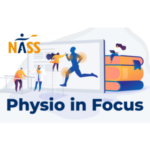
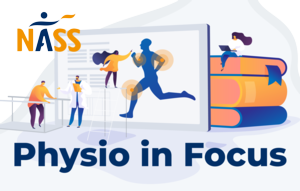 On 7 November 2020, NASS will be hosting a new event for any affected by axial SpA (AS).
On 7 November 2020, NASS will be hosting a new event for any affected by axial SpA (AS).
 The Patients Association has published a report of patient experiences of Covid-19. The results show the massive toll on all patients of the coronavirus pandemic and the emergency measures taken in response to it. Some patients reported good ongoing care, and were impressed by the way their local communities came together to support them.
The Patients Association has published a report of patient experiences of Covid-19. The results show the massive toll on all patients of the coronavirus pandemic and the emergency measures taken in response to it. Some patients reported good ongoing care, and were impressed by the way their local communities came together to support them.